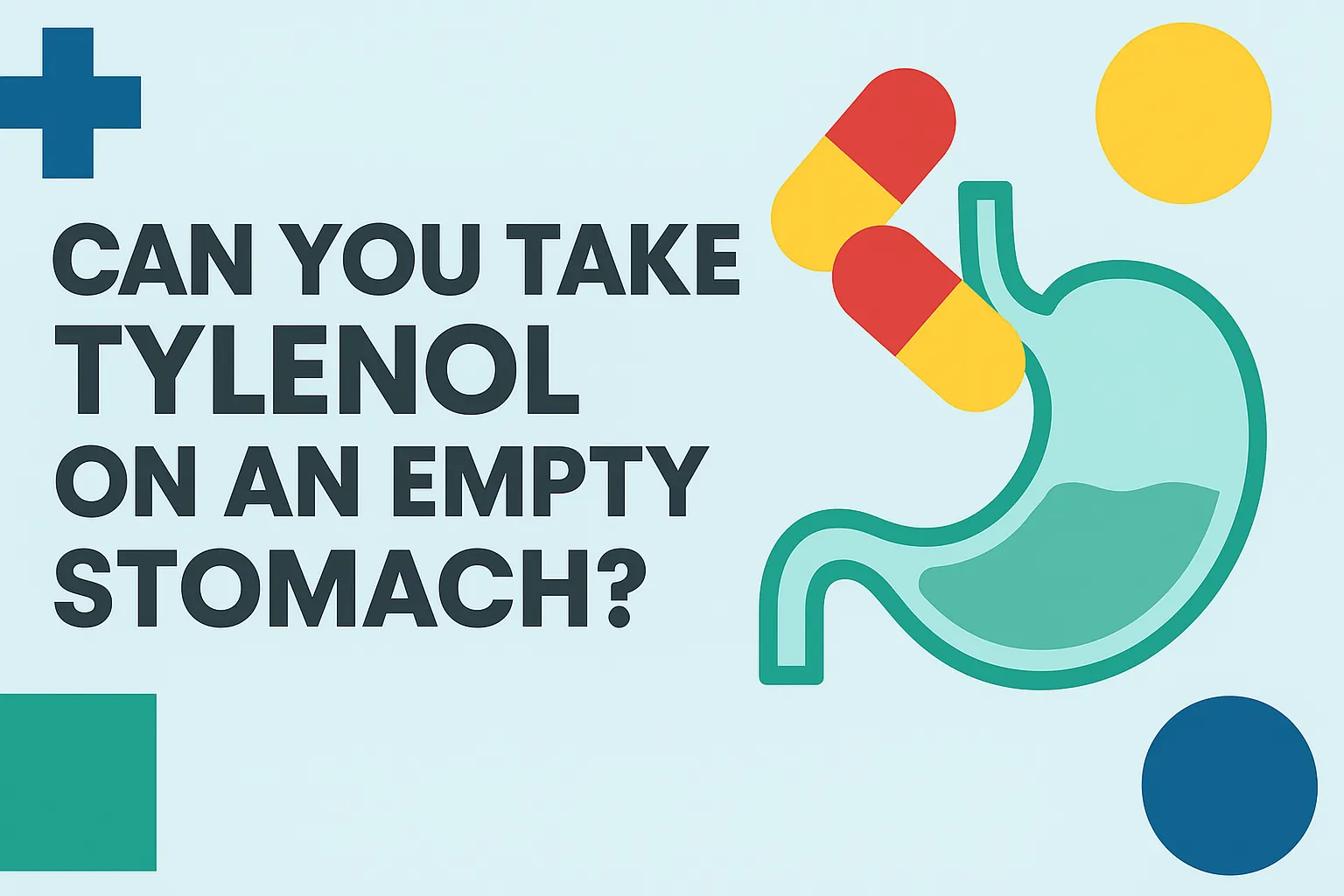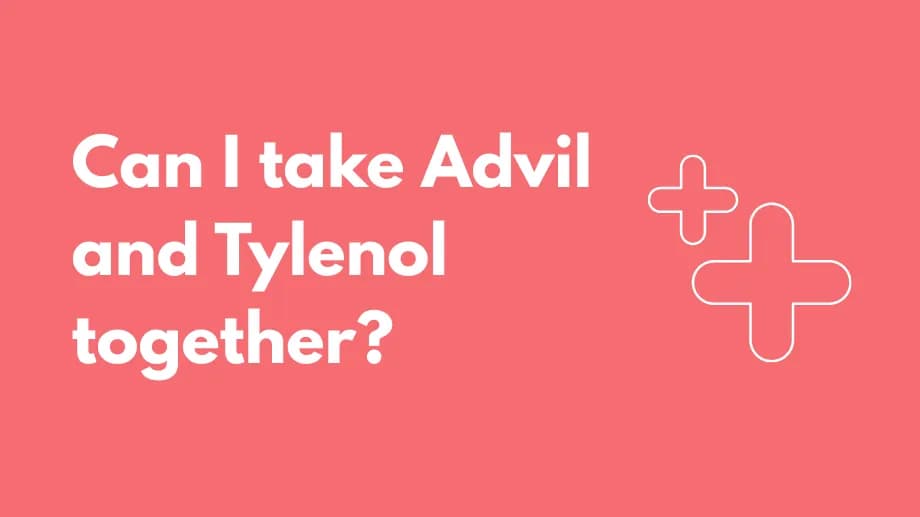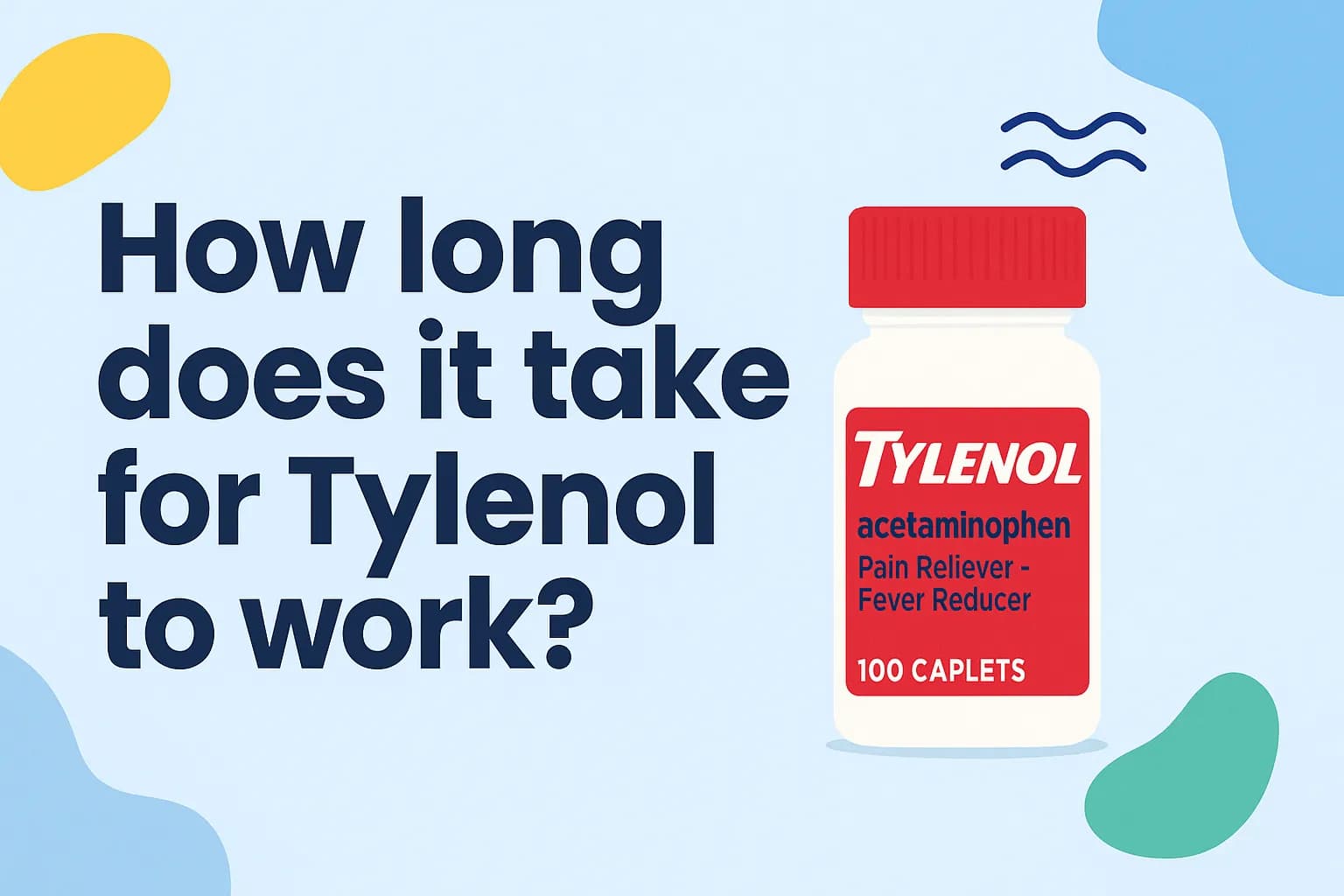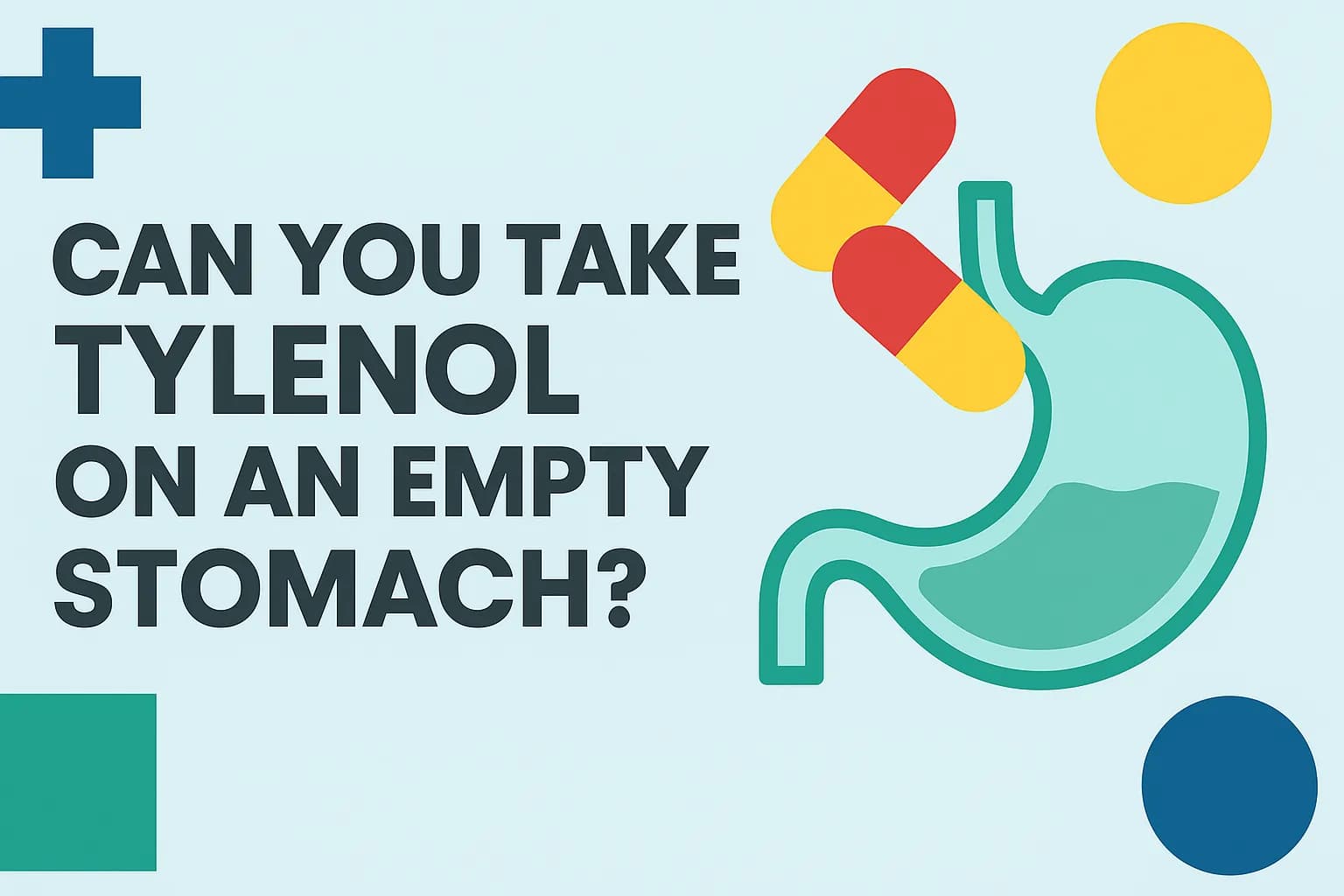Can you take Tylenol on an empty stomach?

If you are in pain or have a fever, you may reach for Tylenol (acetaminophen). Some pain relievers must be taken with food because they can irritate the stomach. Is this the case with Tylenol?
No. Unlike nonsteroidal anti-inflammatory drugs such as Advil/Motrin (ibuprofen) and Aleve (naproxen sodium), Tylenol is gentle on the stomach and does not increase the risk of ulcers or gastrointestinal bleeding.
Why NSAIDs require food but Tylenol does not
NSAIDs block enzymes that protect the stomach lining, which can lead to ulcers and bleeding. Tylenol’s exact mechanism is not fully understood, but it does not significantly affect those protective enzymes, so it does not carry the same stomach risks.
Can you take Tylenol without food?
Yes. You can take Tylenol on an empty stomach, but be sure to swallow it with a full glass of water. Taking it without food may allow it to be absorbed more quickly, so it can start working sooner.
What is Tylenol used for?
Tylenol (acetaminophen), known as paracetamol in other countries, is used for:
- Mild to moderate pain relief (headaches, backaches, muscle aches, toothaches, menstrual cramps)
- Temporary reduction of fever
How does Tylenol work?
The exact way Tylenol works is not fully known. It is thought to change how the body senses pain and to act on the brain’s heat-regulating center to lower fever.
Possible side effects
Side effects are uncommon. Some people may experience nausea or headache. Serious reactions requiring immediate medical attention include:
- Allergic reaction (rash, hives, swelling of face or throat, difficulty breathing)
- Liver damage (dark urine, fatigue, abdominal pain, yellowing of skin or eyes)
Shop Medications
Excessive acetaminophen can cause life‑threatening liver problems. Adults should not exceed 4,000 mg per day; a lower limit may be advised for those at risk. Limit or avoid alcohol while taking Tylenol to protect your liver.
Drug interactions
Tell your healthcare provider about all medications and supplements you take, including:
- Warfarin
- Alcohol
- Other products containing acetaminophen
When not to take Tylenol
Do not take Tylenol if you are allergic to acetaminophen or any inactive ingredients, or if you have severe liver disease or impairment.
What to tell your healthcare provider
Before starting Tylenol, inform your provider if you:
- Have liver disease
- Drink three or more alcoholic beverages per day
- Have phenylketonuria (some products contain aspartame)
- Are pregnant or planning pregnancy
- Are breastfeeding or planning to breastfeed
Can Extra Strength Tylenol upset your stomach?
Tylenol in all forms is generally safe and gentle on the stomach when used as directed. It does not typically cause the stomach irritation or bleeding risk seen with NSAIDs. However, taking too much can increase liver damage risk. Seek medical attention if you develop nausea, vomiting, stomach pain, or yellowing of eyes or skin.
Related Medications
- Regular Strength Tylenol (acetaminophen)
- Extra Strength Tylenol (acetaminophen)
- Tylenol Arthritis (acetaminophen)
- Aleve (naproxen sodium)
- Advil (ibuprofen)
- Motrin (ibuprofen)
Sources
- Acetaminophen. StatPearls Publishing. Accessed Aug. 13, 2024.
- Tylenol Regular Strength – acetaminophen tablet. DailyMed. Accessed Aug. 13, 2024.
- Acetaminophen (OTC). Medscape. Accessed Aug. 13, 2024.
- What is Acetaminophen? Johnson & Johnson Consumer Inc. Accessed Aug. 13, 2024.








